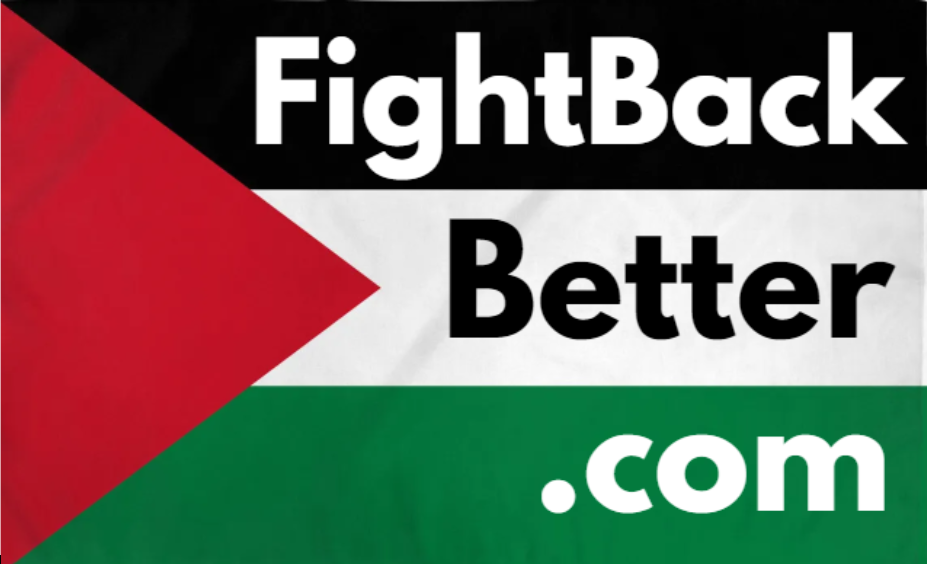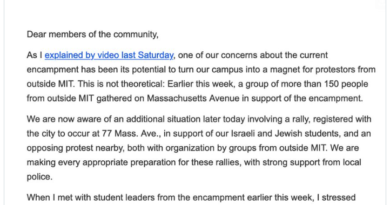29 Advocacy Groups to NJ School Admins: Defend Student Speech Rights!
29 ADVOCACY GROUPS PUBLISH OPEN LETTER TO NEW JERSEY SCHOOL ADMINISTRATORS DEFENDING STUDENTS’ RIGHT TO FREE SPEECH
MAY 22, 2024
The ACLU of New Jersey today, along with 28 advocacy groups from across the state, published an open letter to New Jersey school administrators reminding them of their responsibility to uphold students’ rights to free speech and free expression. The letter urges school officials to embrace moments of peaceful protest as opportunities for students to learn firsthand about civic engagement, no matter the cause at the center, rather than resorting to discipline.
“It takes courage for students to express their beliefs, because so often it involves taking risks,” the groups wrote. “In a democratic society, students will be faced with differing opinions and conflicting information. School leaders are uniquely positioned to nurture the importance of healthy civic participation and a sense of social action among students, and we encourage you to make every effort to remove barriers to participation and to respect diverse viewpoints.”
Since 1969 in Tinker v. Des Moines, courts have recognized that students’ First Amendment right to free speech does not stop at the schoolhouse gates. In New Jersey, the state constitution further ensures that schools cannot suppress unpopular or controversial viewpoints to avoid “discomfort or unpleasantness.” These protections are essential in preparing students to become informed members of a democratic society where they will be faced with differing opinions and conflicting information.
“Students should be commended for engaging in peaceful protest, not condemned. We are calling on school administrators to encourage a spirit of civic participation in any of the various forms it may take. To build a fairer future, we are all responsible for ensuring opportunities for civic participation remain accessible for generations to come,” said ACLU-NJ Policy Director Sarah Fajardo.
As students around the country continue to engage in widespread protest, it is critical to distinguish political expression and peaceful protest from incidents that are antisemitic, anti-Israeli, anti-Muslim, anti-Palestinian, or anti-Arab. While schools are responsible for addressing incidents of discrimination, school administrators must also ensure that they are not suppressing political viewpoints simply because those viewpoints may offend people in the community or generate difficult conversations.









